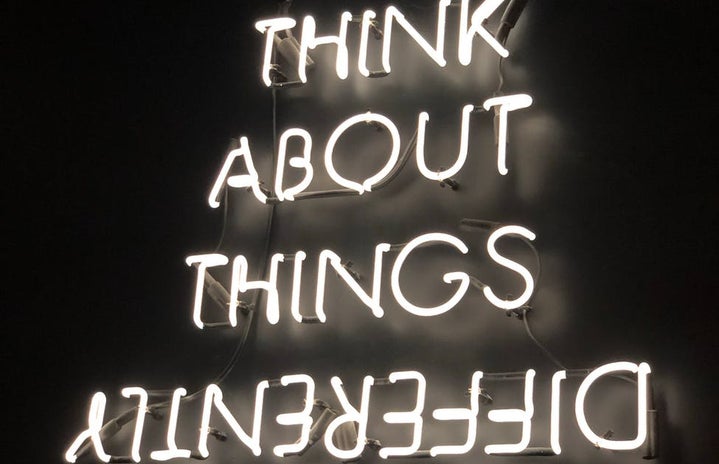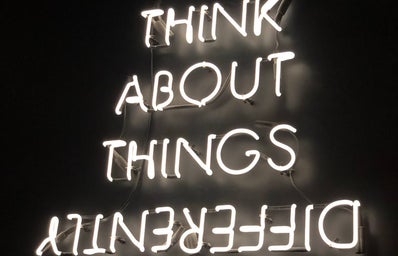Here’s a little information about me: my parents moved from India to the United States in 1993 and in 2000, I was born in Lexington, Kentucky. So yes, I am an American citizen. When I was 2 years old, my family then moved to central Florida, to a town where 62% of the population is white, and the average age is 50.
I was definitely an outlier when growing up, so people around me focused on the Asian part of me (since that was the most different). I realized this when I was in 8th grade at a tennis camp. Another tennis player came up to me, and before she even heard my voice, stated “Sanhitha definitely has an Indian accent.” I was shocked. I didn’t know why she thought I had an accent considering the fact that I don’t even understand Hindi.
From elementary school to high school, everyone seemed to always look at me for anything Indian, acting as if I was the leading expert in the room. But again, I was born in Kentucky and raised in Florida, two Southern states.
But, when I visited India on family trips and moved to college, focus shifted towards the American part of my identity. Well, actually the lack of Indian in me. In India, family members always mention how I can’t speak Hindi, or they would ask my mom why I can’t sing. P.S. you don’t want to hear me sing.
In college, I’ve been told that I’m “not brown enough” because I either found something too spicy or because I didn’t know a Bollywood movie/song/actor. Now, when I tell people that I want to go into law school, the first response isn’t “wait that’s cool,” but then it’s “wait, I thought you were going to be a doctor.” They become even more shocked when I say I want to go into criminal justice reform because how many Indian girls do you see in that field?
But, there are times where I feel very connected to my Indian heritage. When I was still living in Florida, every year for Diwali, my best friend and I would choreograph dances for the annual party. We would spend months before planning, staying up late listening to Hindi songs and watching dance videos on YouTube trying to figure out the dance. Moments like these helped me define my identity as an Indian-American.
My relationship with my Indian heritage isn’t through movies or the language itself, but rather the small moments with friends and family. I associate my Asianness through poojas done by my mom or eating food with my extended family in India. I don’t fit into the binary that others seem to believe in where I can only be Asian or American, but not both. To me, my identity is a spectrum: my favorite food is barbecue, with mac n’ cheese and biscuits, but I absolutely love wearing sarees and bangles to parties. So yes, my definition of brownness is different from yours but that’s fine. It doesn’t change the fact that I am an Asian-American.



